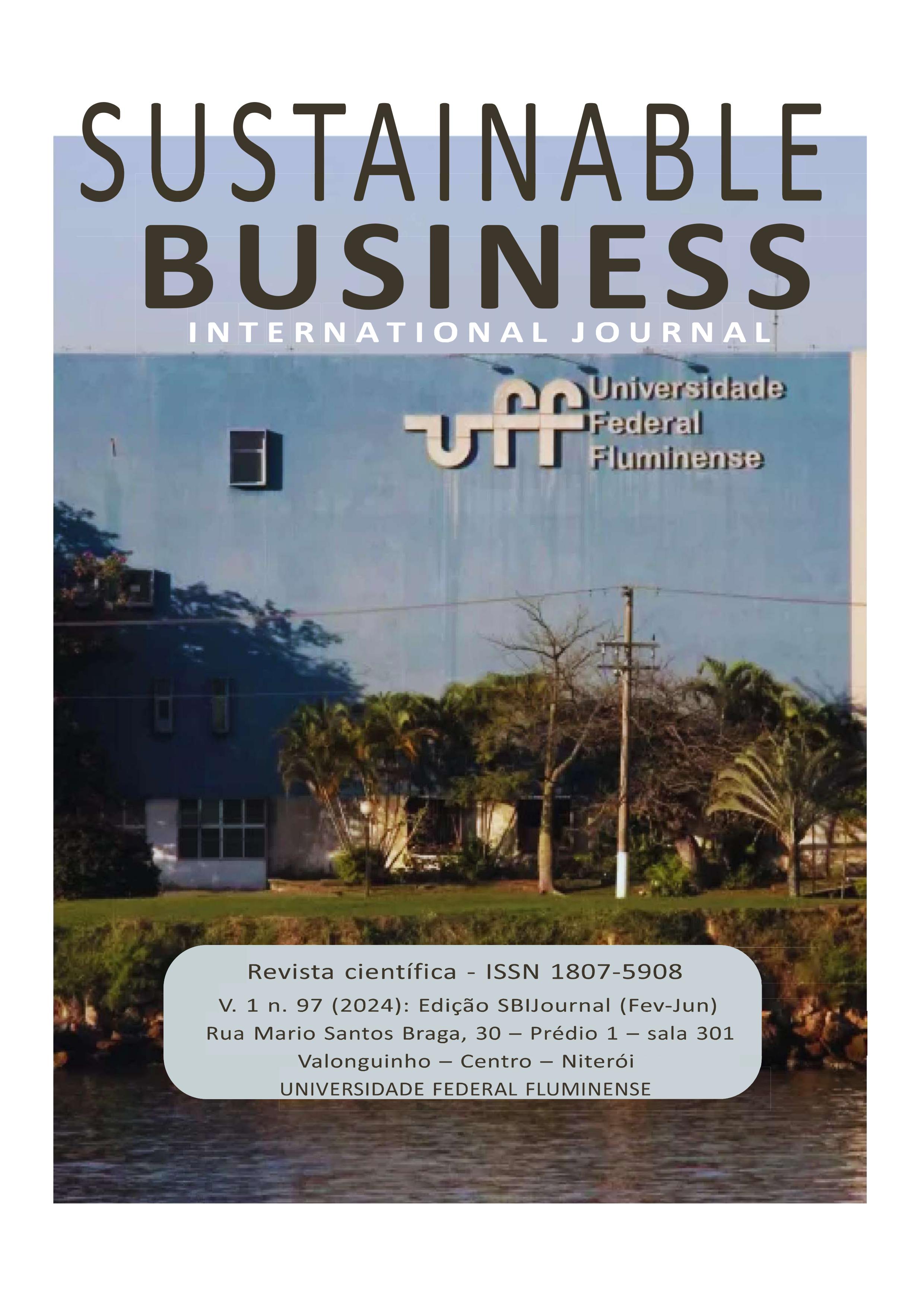Formação de aliança horizontal por consórcio empresarial e o impacto sobre o capital intelectual
DOI:
https://doi.org/10.22409/sbij.v1i97.61140Resumen
O texto apresenta estudo de caso único, descritivo, do tipo indutivo, de empresa que adotou a estratégia de alianças sob a forma de consorcio, investiga as motivações que levaram a adoção desse arranjo cooperativo e como essa estratégia pode ser compreendida segundo duas abordagens teóricas: Teoria da Dependência de Recursos – TDR – e dos Custos de Transação – TCT. Utilizou-se pesquisa documental, entrevistas, aplicação de questionário livre e semiestruturado e análise de conteúdo qualitativa para responder duas questões: (1) Quais os fatores motivadores relevantes para formação da aliança e; (2) Qual o impacto dessa associação colaborativa sobre os componentes do Capital Intelectual – CI – da empresa. Concluiu-se que os fatores motivadores para a atuação em alianças por consórcio empresarial estão relacionados com as teorias citadas e que a formação dessa aliança horizontal proporcionou o desenvolvimento do CI e impactou sobre as suas três dimensões.
Palavras-chave: Consórcio Empresarial; Capital Intelectual; Teoria da Dependência de Recursos; Teoria dos Custos de Transação.


